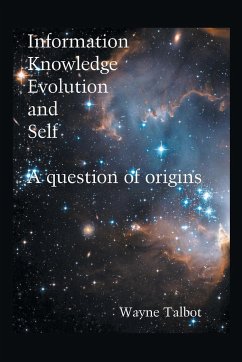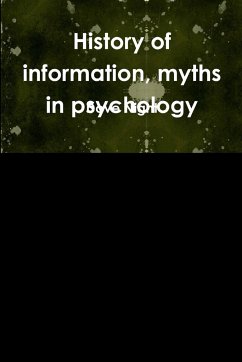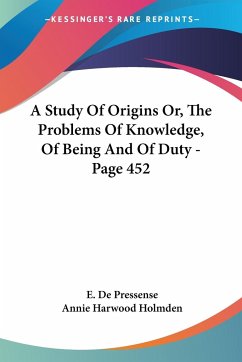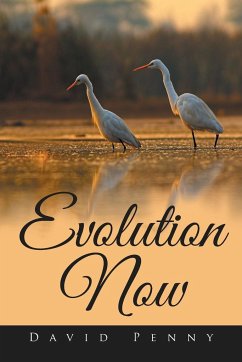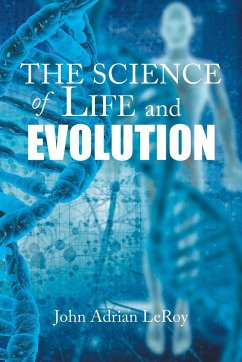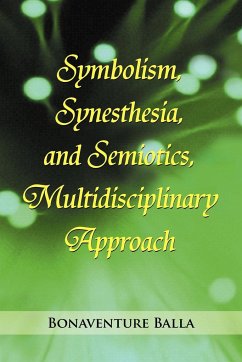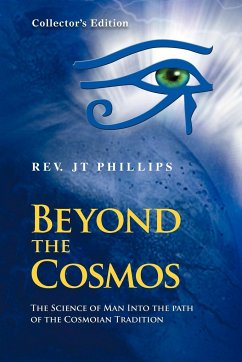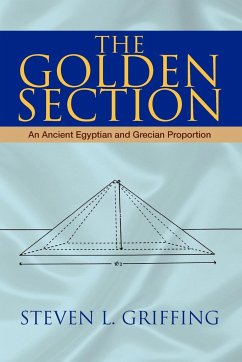Versandkostenfrei!
Versandfertig in 1-2 Wochen
Weitere Ausgaben:

PAYBACK Punkte
7 °P sammeln!




Information, Knowledge, Evolution and Self
Wayne Talbot has had a lifelong passion for a travel and a modest appetite for adventure. In addition to exploring his native Australia, he has trekked in the Khumbu and Annapurna regions of Nepal, the Peruvian Andes, Patagonia, and has experienced the beauty of Antarctica. He has motorcycled throughout Australia, and through parts of the USA, New Zealand, Iceland, Bolivia, Peru, Turkey, and northern India, with plans for south eastern Europe in 2016. Though a late starter in the literary field, he has written eleven books on matters theological, published on Amazon Kindle under the series, From the Back Pew. Further details can be found on his website, www.peshatbooks.com Amongst a variety of interests, he has also pursued the truth of evolution, objectively and without seeking refuge in any arguments from theological sources. Either the science holds up, or it does not: what the alternatives may be are irrelevant to the analysis. His first book on this subject, The Dawkins Deficiency, was a refutation of Richard Dawkins' The Greatest Show on Earth. In this work, he sought to demonstrate that much of Dawkins' case was based on a materialistic philosophy rather than scientific fact, commenting: If evolution theory has been proven, then we should reasonably ask, what specifically has been proven, and what is the evidence? His latest study, Information, Knowledge, Evolution and Self, utilises his extensive experience in the information industry, primarily as an analyst in a number of roles. He approaches the subject of evolution from the perspective of the human cognitive ability to acquire information and knowledge, these being conceptual as opposite to the physical nature of information in the genome.
Produktdetails
- Verlag: Xlibris
- Seitenzahl: 152
- Erscheinungstermin: 2. Februar 2016
- Englisch
- Abmessung: 229mm x 152mm x 8mm
- Gewicht: 231g
- ISBN-13: 9781514444214
- ISBN-10: 1514444216
- Artikelnr.: 44658943
Herstellerkennzeichnung
Libri GmbH
Europaallee 1
36244 Bad Hersfeld
gpsr@libri.de
Für dieses Produkt wurde noch keine Bewertung abgegeben. Wir würden uns sehr freuen, wenn du die erste Bewertung schreibst!
Eine Bewertung schreiben
Eine Bewertung schreiben
Andere Kunden interessierten sich für



